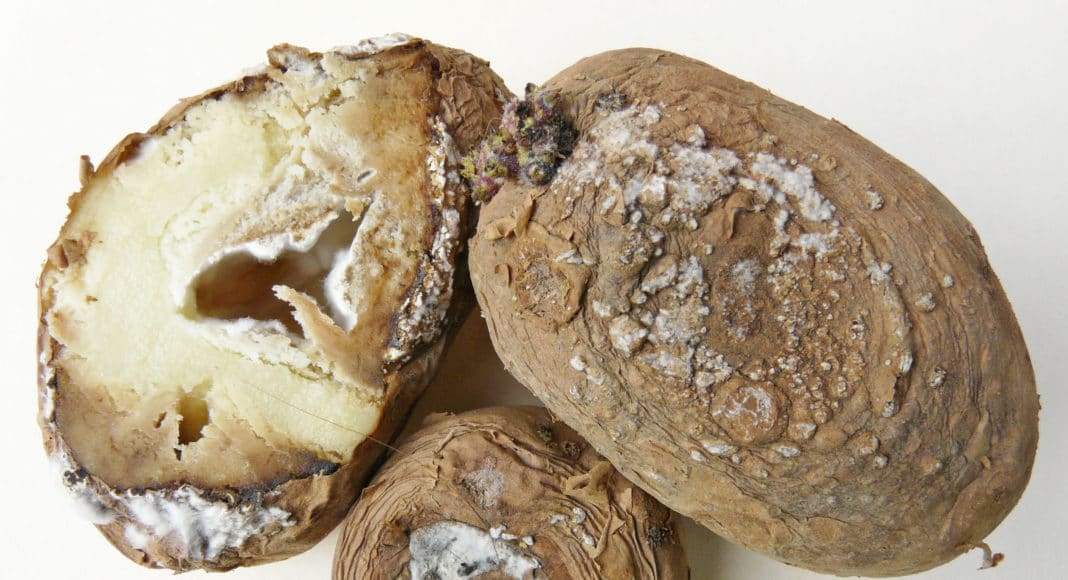A biological sensor for early detection of hidden disease in potato tubers has been developed by a team at the Hebrew University of Jerusalem (HU) and the Israel’s Agricultural Research Organization (Volcani Institute), an Aug 23 news release said.
The sensor uses smart bioengineering and optics to detect disease. The release noted when the sensor is exposed to an infected potato, a bacterial compound within lights up — the strength of the luminescence indicates the concentration and composition of the rot.
Dorin Harpaz from HU’s Faculty of Agriculture added the intensity of the light given off by the bacteria panel makes it possible to analyze the characteristics of the disease quickly and quantifiably, which the sensor can ‘smell,’ before the appearance of visible symptoms.
To form the bacteria panel, the team created a compound of four genetically engineered bacteria that measure biological toxicity, the release said. In the study, the biological sensor detected disease before there was any visible trace and caused the optical sensor to shine twice as brightly as did the sensors in non-infected potatoes.
“The biological sensor can be used to quickly and economically identify hidden rot in potatoes, facilitate better post-harvest management, and reduce food wastage,” Harpaz said.
Their study was published in Talanta.
Related Articles
A Better Tuber Rotter — Pectobacterium Parmentieri











